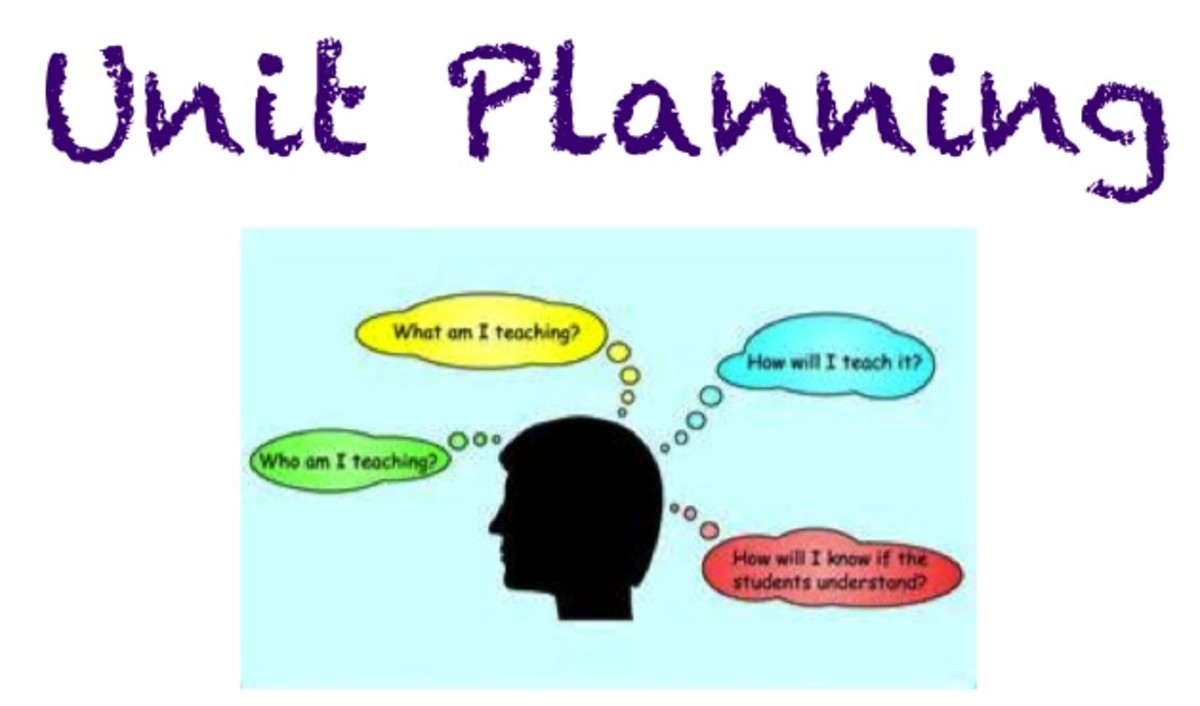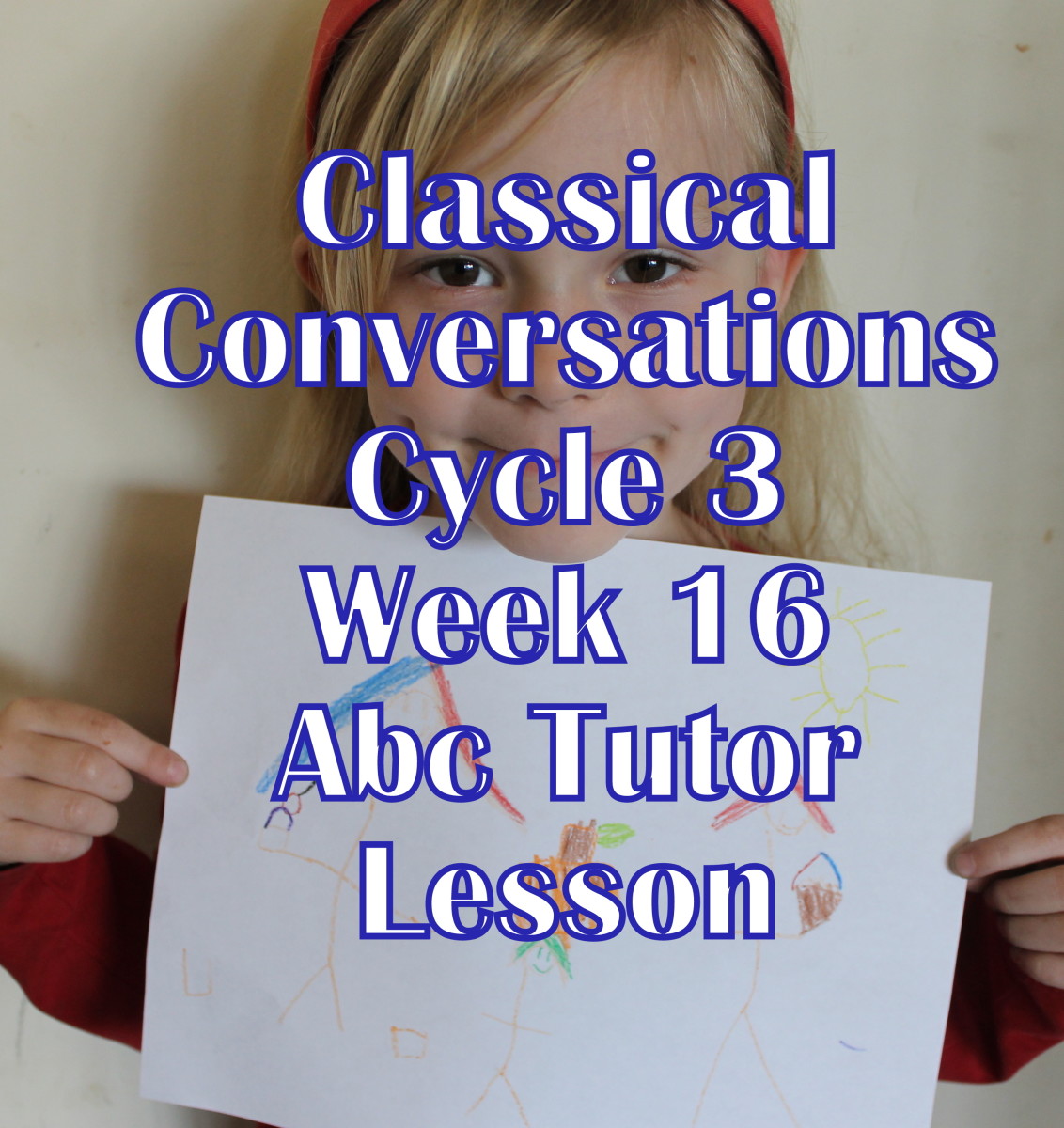- HubPages»
- Education and Science»
- Teaching»
- Lesson Plans
Balanced Lesson Planning for Homeschooling

Planning lessons that provide a balance between content and fun can be challenging, especially if you have limited resources. With a basic framework, however, it is possible to find the perfect blend.
Introduction
This part of the plan needs to activate prior knowledge and to connect the lesson the world outside the classroom. Use the sentence frame, “Today, we will learn about _____ because _____,” to help you make the connection for yourself. When introducing the lesson to the students, you can use the same frame, or you could ask what they already know about the topic, or why they think the topic is important.
A KTW chart is also a good way to start the lesson. Make a three-columned chart on chart paper, whiteboard or chalkboard. Label the columns What I Know, What I Think I Know, and What I Want to Know. Allow students to write their ideas on sticky notes and to place them in the appropriate columns.
Acquisition of New Knowledge
The fastest, simplest way to provide new information is through “teacher talk,” better known as lecture. However, this is perhaps the least effective teaching strategy available to you.
Students will learn and remember best what they discover for themselves. Provide a framework - a set of questions, a task, a final product - and allow your students to explore books, websites and other resources to find the information on their own.
Guided Practice
Once students have acquired the knowledge, they need to practice to move it from short-term to long-term memory. Contrary to the cliché, however, practice does not make perfect unless it is perfect practice - if a student rehearses inaccurate information, you definitely won’t reach the desired learning! To be sure that the student clearly understands, spend time in guided practice together. This might be a discussion, working math problems on the board while talking about the steps, or playing a game. Only when students are responding correctly at least 85%-90% of the time are they ready to move past guided/group practice.
Independent Practice
Now students are ready to strike out on their own. Save individual practice (and homework) for skills that students have already mastered, as a means of maintaining those skills, rather than for acquiring new skills.
This is also the time for authentic, real-life assessment. Instead of providing a reading passage and asking students to answer multiple-choice questions about it, pose a question and allow students to write compositions that use the same reading skills to apply the new knowledge to a different situation. For example, if you have just studied the English colonization in North America, ask, “If you were starting a colony on the moon, what lessons could you apply from the experiences of the English settlers in North America?” Alternatively, rather than giving students a worksheet-style test with a series of addition and subtraction problems using decimals, provide them with a stack of checks and deposit slips, and ask them to create a check register, complete with balances. Check the understanding of a novel by allowing students to turn it into a graphic novel (comic book) or a screenplay and video.







